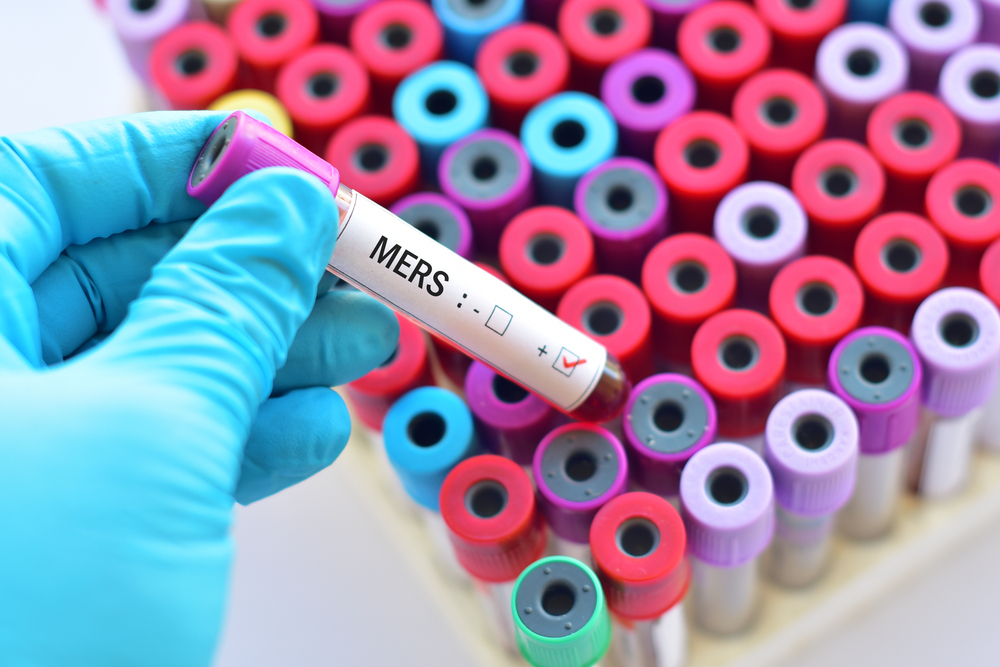
Scientists from The University of Texas Medical Branch at Galveston, Saudi Arabia and Canada have created a vaccine to defend against Middle East Respiratory Syndrome (MERS), which has caused hundreds of deaths since being identified in 2012.
For testing, two versions of the potential vaccine were created and evaluated on genetically altered mice. Both provided protection against signs of disease and fatality, but only one of the pair was able to keep the virus from causing lung damage before it was halted.
“In the past, we’ve mainly focused on developing universal influenza vaccines by targeting the viral proteins to specific cells that have a molecule called CD40 on their surfaces,” said Chien-Te K Tseng, professor in UTMB’s Centers for Biodefense and Emerging Diseases and senior study author. “We modified and optimized our earlier vaccine platform to generate new potential MERS vaccines.”
The disease has a 35 percent mortality rate, brought on by severe and fatal respiratory symptoms, systemic infection and multi-organ failure. Thus far, it has been primarily centered on the Arabian Peninsula, due to its ability to transfer from camels to humans, but it can also spread from human to human.
The team’s findings were published in The Journal of Infectious Diseases.




